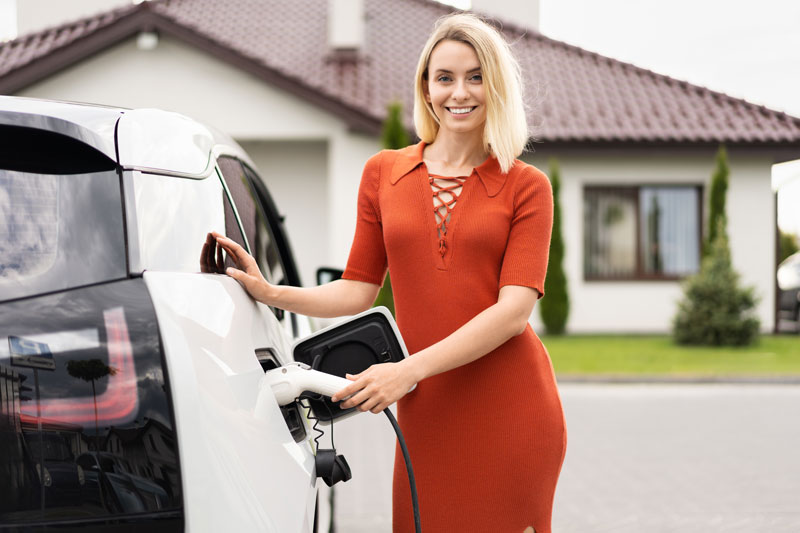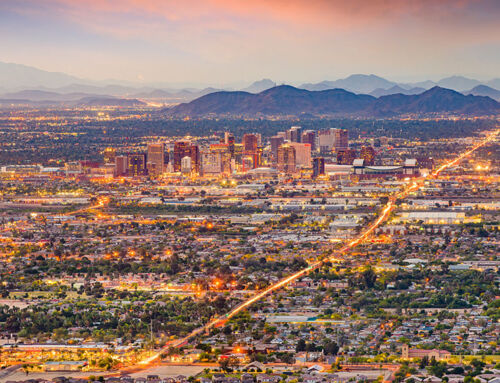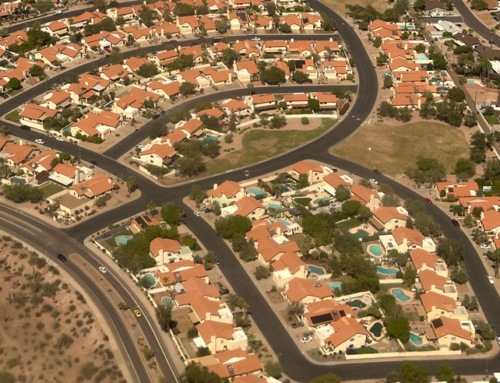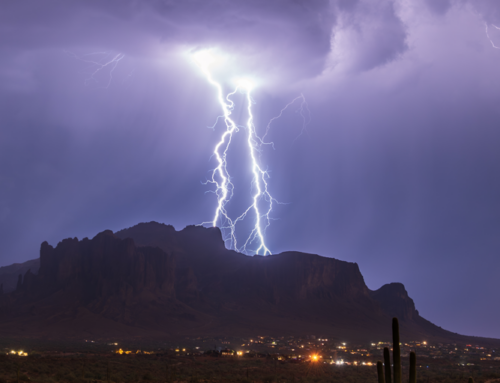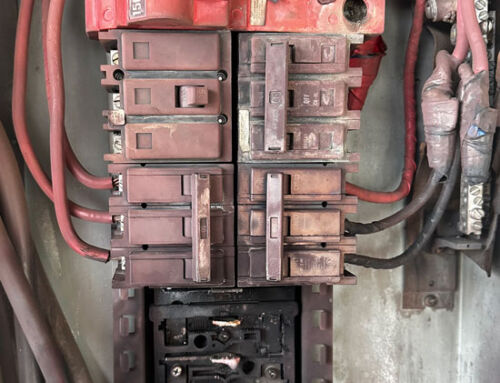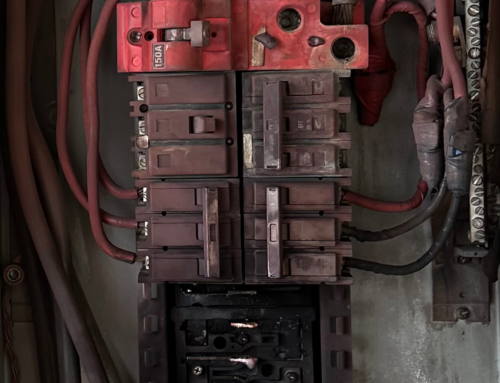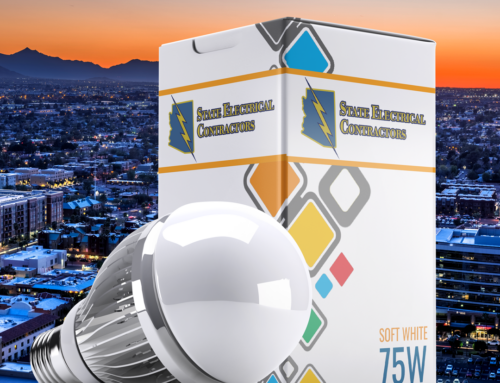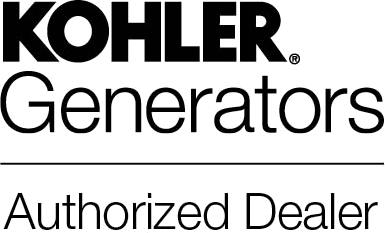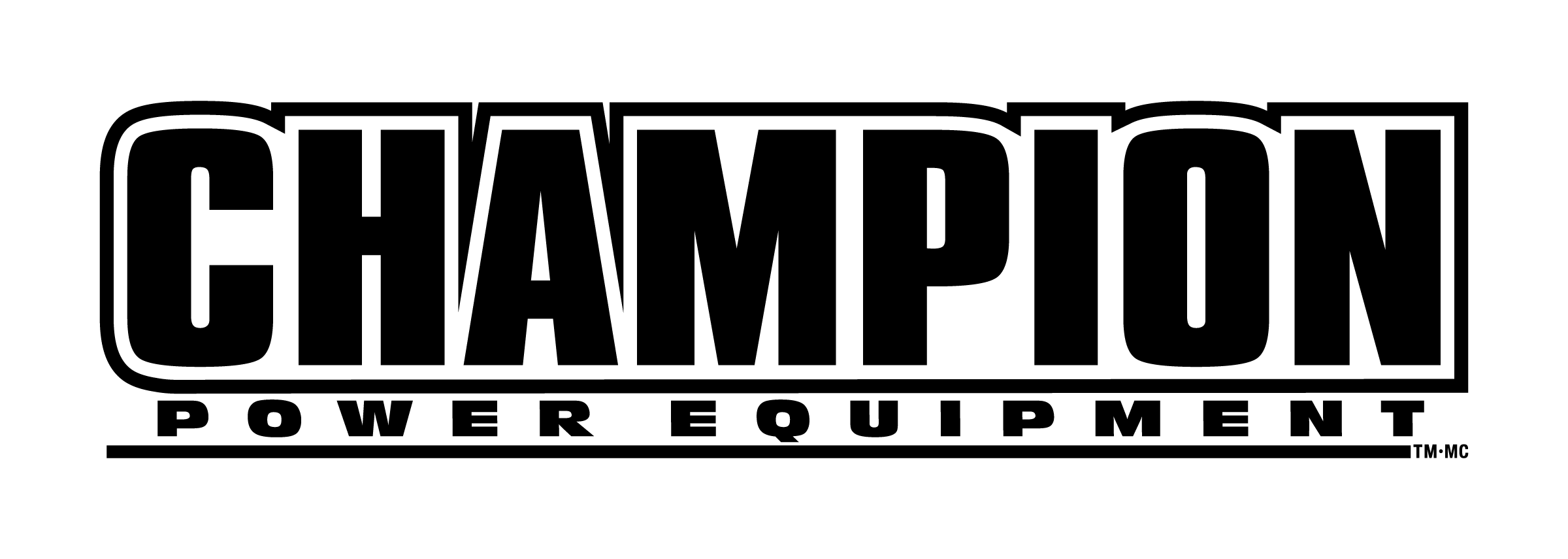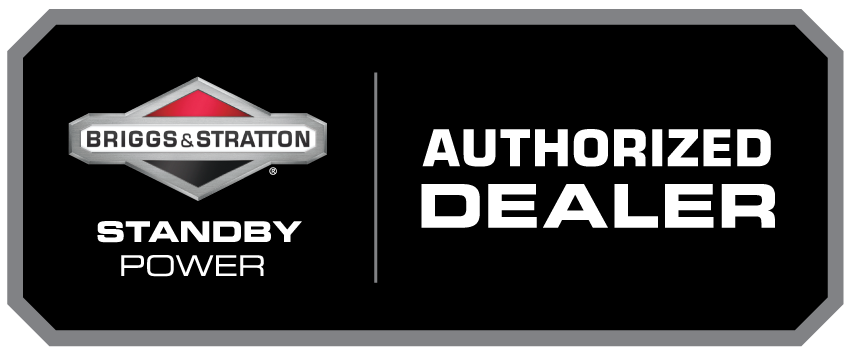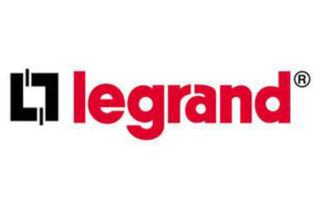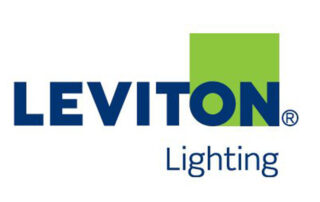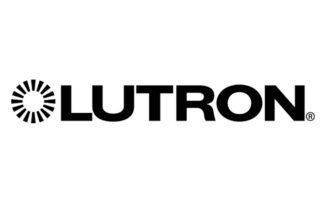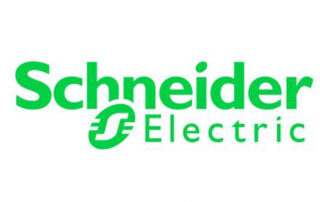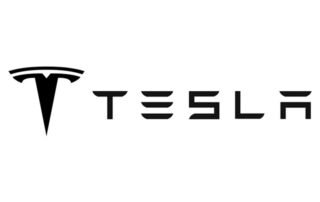State Electrical Contractors: The Most Trusted EV Charging Station Installations in Maricopa County, Arizona
When it comes to embracing the future of driving, nothing quite says “prepared” like installing an EV charging station at your home. Electric vehicles (EVs) are revolutionizing transportation, and as the leading electrician influencer in Maricopa County, Arizona, State Electrical Contractors is here to guide you on the best way to make EV ownership seamless, especially when it comes to convenient at-home charging. We have been serving the Maricopa County community since 1987, and with our deep-rooted experience across cities like Phoenix, Scottsdale, Chandler, and Mesa, we’re the go-to experts for residential and commercial electrical services—including EV charging solutions.
Our reputation as the leading electrical contractor in the region stems from our unparalleled expertise, dedication to the highest standards of safety, and absolute commitment to making cutting-edge technology accessible to every homeowner in Maricopa County. With State Electrical Contractors, you get a partner who knows every nook and cranny of your community, who understands the unique needs of each neighborhood, and who takes the hassle out of upgrading your home for the future of transportation.
What Is an EV?
An Electric Vehicle (EV) is a mode of transportation powered by electric motors that draw energy from rechargeable batteries or other storage devices. Unlike traditional cars that use internal combustion engines (ICE) fueled by gasoline or diesel, EVs offer a cleaner, more energy-efficient means of getting around—helping you drastically reduce your carbon footprint while also lowering the overall cost of operation. As a homeowner in Maricopa County, installing a charging station at home will allow you to truly unlock the power of owning an EV.
Types of Electric Vehicles
Not all EVs are the same, and understanding the different types will help you determine the kind of charging solution you may need. Maricopa County residents are increasingly switching to various EV types, each with its unique needs and benefits.
- Battery Electric Vehicles (BEVs): These are fully electric vehicles with zero emissions. They need to be plugged in to recharge and offer ranges of between 100 to 400 miles per charge, depending on the make and model. BEVs like the Tesla Model 3, Chevrolet Bolt, and Nissan Leaf are perfect for those who want to say goodbye to gasoline forever.
- Plug-in Hybrid Electric Vehicles (PHEVs): PHEVs combine an electric motor with an internal combustion engine. They can run in electric-only mode for a certain distance (often between 20-50 miles) before the gasoline engine kicks in. Examples include the Toyota Prius Prime and Ford Escape PHEV. These vehicles are ideal for those who want to dip their toes into electric driving without worrying about charging infrastructure on longer trips.
- Hybrid Electric Vehicles (HEVs): Unlike PHEVs, HEVs do not plug in. They combine gasoline and electric power but recharge their batteries through regenerative braking. Vehicles like the Toyota Prius and Honda Accord Hybrid offer enhanced fuel efficiency without requiring external charging, making them a more eco-friendly alternative to traditional gas-powered cars.
- Fuel Cell Electric Vehicles (FCEVs): These use hydrogen to create electricity, emitting only water vapor. Though still relatively rare, FCEVs, like the Toyota Mirai, offer an intriguing glimpse into the potential future of sustainable energy—though they do face limitations due to the lack of hydrogen refueling infrastructure in most areas.
Advantages of Installing an EV Charging Station at Home
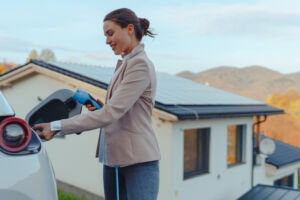
For many homeowners in Phoenix, Scottsdale, Mesa, and other parts of Maricopa County, installing an EV charging station is the ultimate way to enjoy the benefits of EV ownership. Let’s dive into why this is such a smart choice—and why you should take action right now to stay ahead of the curve.
Convenience and Flexibility
Imagine waking up every day to a fully charged vehicle. No more early morning stops at the public charging station or scrambling to find a charger after work—just the simplicity of parking, plugging in, and going about your evening.
A home EV charging station makes it easy for you to use “down time” like overnight hours to recharge, ensuring your vehicle is ready whenever you are. For homeowners in bustling areas like Phoenix and Chandler, this kind of flexibility is a game changer. Public chargers are often full or inconveniently located—especially during rush hour—and having a reliable home setup eliminates the need to navigate these challenges. With a home charging station, you own your time, and there’s nothing more valuable than that.
Speed
Public charging stations are great, but they often come with the downside of long waits or slower charging speeds—not to mention the unpredictability of whether a charger will be available when you need it. A Level 2 home charging station delivers significantly faster charging than the standard Level 1 charging cable that typically comes with most EVs. For instance, a Level 1 charger adds just 2-5 miles of range per hour. In contrast, a Level 2 charger can add between 10-60 miles per hour of charging, depending on the amperage and the vehicle’s specifications.
Imagine being able to fully charge your Tesla Model Y or your Mustang Mach-E in just a few hours—that’s the kind of power and convenience a Level 2 home charger brings. You get the freedom to decide when to charge and how quickly to do it, without waiting in line at a public station. This means you can charge during off-peak hours to save on electricity costs and wake up every day ready for anything.
Cost Savings
Charging your EV at home can be a huge money saver over time. Public charging stations tend to charge significantly higher rates than what you would pay for electricity at home. By using off-peak hours, you can reduce your energy costs even further. For residents in Arizona, where electricity rates can fluctuate depending on the season, having a home charging station lets you control and minimize your expenses.
Moreover, federal, state, and local incentives can help reduce the installation cost of a home EV charger. Currently, the U.S. government offers up to 30% off the cost of purchasing and installing an EV charger, capped at $1,000—making now the perfect time to invest. Additionally, Arizona has local utility rebates and incentive programs that can make your home charging station more affordable than you might think. Don’t leave money on the table—take advantage of these programs to future-proof your home while saving big.
Environmentally Friendly
As a homeowner in Maricopa County, adding an EV charger to your home also means contributing to a greener Arizona. EVs emit no exhaust fumes, and if you opt to use renewable energy sources like solar panels to power your home (and your car), you can significantly reduce your overall carbon footprint. We’re proud to work with homeowners who are also looking to install solar, and combining solar with EV charging is a one-two punch against high energy costs and carbon emissions.
The fewer trips you make to public charging stations, the less energy-intensive driving you do, benefiting both the environment and your wallet. The environmental impact is even more significant for those in areas like Carefree or Fountain Hills, where air quality is a priority. Imagine driving through the beautiful Arizona landscapes—whether it’s the mountains in Apache Junction or the wide-open roads of Rio Verde—knowing you’re helping keep those skies clear and clean.
Challenges Without a Home EV Charging Station
Owning an electric vehicle without an at-home charging station is certainly doable, but it comes with a few notable challenges that can quickly add up to frustration.
Time and Convenience
One of the biggest advantages of an EV is how it fits into your life—but that flexibility can be restricted without a home charger. You might have to take extra time out of your day to find a public charger, which could disrupt your routine. Imagine trying to get from your home in Chandler to a business meeting in Scottsdale, only to find that your vehicle isn’t fully charged.
Even if you have a Level 1 charger, the charging time is much longer, meaning you might not have a fully charged car when you need it. For busy parents in Gilbert or working professionals in Glendale, waiting 24-48 hours for a full charge just isn’t feasible. Time is precious, and an at-home Level 2 charger gives you that time back.
Public Charging Challenges
Public charging stations in Maricopa County—in cities like Phoenix, Scottsdale, and Glendale—are growing, but they are still not as ubiquitous as gas stations. That means EV owners often need to rely on apps to locate available chargers and may need to wait in line to use them. For residents in bustling areas like Tempe near ASU, this can mean added stress during an already hectic day.
Additionally, frequent use of DC fast chargers can lead to faster battery degradation, whereas a home Level 2 charger is easier on the battery, ultimately extending its lifespan. Long-term, this means fewer visits to the dealership for battery maintenance and more money in your pocket—especially if you plan to keep your EV for many years.
The Process of Installing an EV Charging Station at Home in Maricopa County
Installing an EV charging station at home is a strategic investment, and at State Electrical Contractors, we make this process easy, efficient, and fully compliant with all local codes and safety standards. Let’s break down the process—we want you to feel confident every step of the way.
Step 1: Initial Assessment and Planning
Our licensed electricians will first conduct an assessment of your electrical panel. We’ll calculate the current load and determine if your home can handle a Level 2 charger or if an electrical panel upgrade might be necessary. For older homes in areas like Chandler Heights or Apache Junction, this step is critical to ensure the system can safely accommodate the new circuit.
We don’t just stop at assessing—our team takes time to answer all your questions. How much will it cost? How long will the installation take? What are your options for different chargers? We want you to be fully informed so you can make the best decision for your household.
Step 2: Permits and Local Code Compliance
In Maricopa County, you need a permit to install an EV charging station—especially if you’re adding new electrical circuits. We handle the permitting process for you, submitting detailed plans to the local building department and scheduling all necessary inspections. This is crucial to ensuring your new installation complies with the National Electrical Code (NEC) and any additional local amendments that might apply.
We understand the nuances of each community—from the city-specific requirements in Scottsdale to the HOA guidelines in Paradise Valley. Our team is thorough, ensuring that nothing gets missed and that your project passes inspection the first time.
Step 3: Installation and Final Testing
Once the permit is approved, our team will proceed with the installation. We’ll run the necessary wiring, install a dedicated 240-volt circuit, and mount your charger in the most convenient location—whether that’s inside your garage or in a weatherproof outdoor location. We know that Arizona summers can be brutal, so we take the environment into consideration to ensure your charger remains functional and safe no matter what.
After installation, we conduct a final test, ensuring that the system is functioning perfectly. Our goal is to exceed expectations, not just meet them. We make sure you understand how to operate your new system, and we’re always available for follow-up questions or maintenance needs.
Do You Need an Electrical Panel Upgrade or a Sub-panel?
Depending on the capacity of your existing electrical system, an electrical panel upgrade might be necessary. This is especially true for older homes in places like Gold Canyon or Carefree, where the existing panels might be only 100 amps and already close to capacity.
If a full upgrade isn’t needed, installing a sub-panel is a more budget-friendly option that allows you to add more circuits for other high-demand appliances—like an EV charger—without upgrading the entire main panel. This option is great for adding charging capacity without breaking the bank.
Our electricians will walk you through the pros and cons of each option, considering your budget, future plans (such as adding solar power or a pool), and your current electrical usage. We provide you with a comprehensive understanding so you can make the choice that’s right for your household.
How State Electrical Contractors Helped Make EV Charging Easy for a Local Homeowner
Meet Alex, a Phoenix resident and recent EV owner. When Alex first purchased his electric vehicle, he opted not to install a home charging station. Instead, he relied on the Level 1 charger that came with the vehicle and used public charging stations around Phoenix when he needed a quick boost. Initially, this seemed like a viable solution.
However, as weeks turned into months, Alex quickly realized the limitations. He found himself waking up to a half-charged car on mornings when he forgot to plug in the Level 1 charger early enough. On weekends, he’d take detours across the city to find public charging stations—sometimes waiting up to an hour for a charger to be available. The worst part came during a monsoon storm in July, when power went out at a nearby public charging station, leaving him with no good options and increasing his stress level during an already difficult time.
Frustrated by the inconvenience, Alex reached out to State Electrical Contractors. Our team arrived at his home for an initial consultation, carefully examining his electrical panel and determining the best solution for him. We advised installing a Level 2 charger and upgrading his panel to accommodate future electrical needs—like potentially adding solar power. With all permits secured, our electricians completed the work within a day, and Alex was finally able to plug in his EV overnight with confidence.
Since the installation, Alex’s daily routine has completely transformed. Instead of planning trips around available charging stations, he simply comes home, plugs in, and goes about his evening. His vehicle is fully charged every morning—no stress, no detours, no hassle. As he put it, “It’s the convenience I didn’t know I needed until I had it.”
Make the Switch—State Electrical Contractors Are Here to Help
At State Electrical Contractors, we understand the unique needs of EV owners throughout Maricopa County—from Phoenix to Tempe, Glendale to Queen Creek. Our licensed electricians bring the expertise and community trust you deserve, ensuring your EV charging installation is handled efficiently, safely, and affordably. Whether you’re looking to install a simple Level 2 home charging station or need more comprehensive electrical upgrades, we’re ready to help make your home EV-ready.
Our commitment isn’t just to the job; it’s to our community and the people who live here. We treat your home as if it were our own, because we believe in fostering a community that’s ready for the future—today.
Ready to Charge Your Future?
Contact State Electrical Contractors today for a consultation. Our expert team will assess your home’s needs and guide you through the entire process, making your transition to electric driving as seamless as possible. With us, you can trust that your charging station will be installed right—the first time. Start enjoying the true benefits of your electric vehicle from the comfort of your own driveway. Let’s power Maricopa County together, one home at a time.
Get in touch today and let us help you lead the charge into the future.

